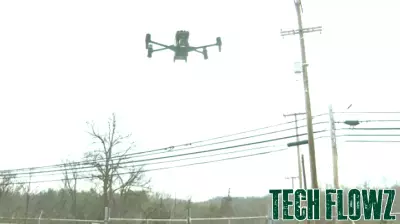The Future of Technology: AI PCs and the Fate of Virtual Reality
December 25, 2024 - 18:31

As we look ahead to 2025, the conversation around technology is increasingly dominated by the rise of AI-powered personal computers and the emergence of agentic AI. These innovations promise to revolutionize the way we interact with technology, making it more intuitive and responsive to individual needs. With AI PCs capable of learning user preferences and adapting to workflows, the potential for increased productivity and personalized experiences is immense.
However, this shift raises questions about the future of virtual reality (VR). Once hailed as the next frontier in digital interaction, VR may find itself overshadowed by advancements in AI. As users gravitate towards more seamless and integrated experiences offered by AI PCs, the demand for immersive VR environments could wane.
Industry experts are closely monitoring these trends, suggesting that while VR technology has its merits, it may struggle to compete with the convenience and functionality of AI-driven solutions. The coming years will be crucial in determining whether VR can carve out a sustainable niche or if it will fade into obscurity in the wake of AI advancements.
MORE NEWS

February 22, 2026 - 13:40
Nine-kilometre outback goat trap catching thousands and paying for itselfA remarkable nine-kilometre fence, dubbed a `goat trap,` is delivering extraordinary results on a remote Australian station, capturing thousands of feral animals and already recouping its cost....

February 21, 2026 - 04:06
The Hidden Danger in Your Voice: Protecting Identity in the Age of AIThe unique sound of your voice may be a growing privacy liability. New research indicates that the countless personal cues embedded in speech are becoming increasingly vulnerable to exploitation by...

February 20, 2026 - 22:50
A Digital Divide Emerges in the Restaurant ExperienceA new industry report highlights a significant perception gap between restaurant operators and their customers regarding the impact of technology. While many businesses are investing heavily in...

February 20, 2026 - 11:03
Milton company partners with VA company to promote drone technologyA new partnership is taking flight to advance the future of unmanned aerial systems. Appalachian Unified Aerospace, based in Milton, has announced a strategic collaboration with MITRE, a...